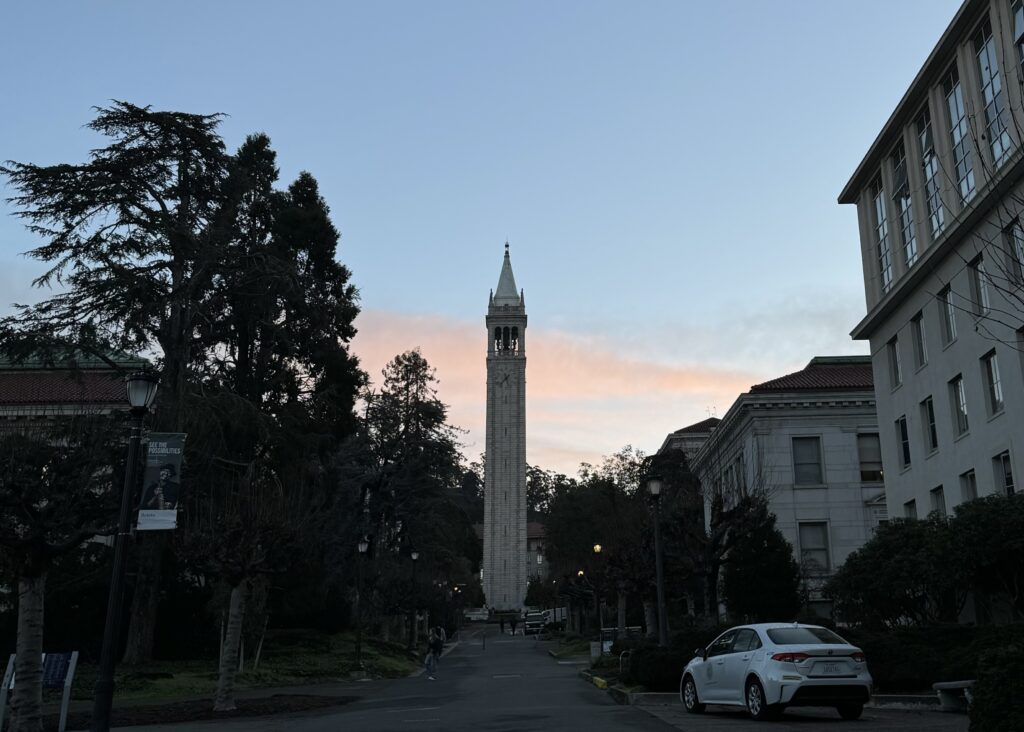The sad sighs of my mother, seeping through the thin walls of our home, tell a story all too familiar. Over the phone, my grandma discusses the essential funds she needs for medications, or the payments pending for my mom’s half-built home in Mexico. A home she’s been waiting two decades to complete and inhabit. It is in these moments where we consider reassessing our own necessities to ensure that the rent is paid on time. These are realities that serve the unrelenting cycle of hardship for undocumented people who are subjected to surviving low wages and endure barriers in accessing government support. Confronted with these financial challenges, U.S. born children must battle with the decision of chasing their dreams or their parents’.

The United States has over 11.2 million immigrants with the motivational pursuit of building a better life, many of whom form families. 1 in 5 Latinos are enrolled in postsecondary institutions in 2020. With roughly 71% not enrolled due to, in most cases, needing to work to support family. Immigrant children become their families’ only hope in breaking generational chains of poverty. Many, raised by parents who didn’t reach grade school, and arrive not knowing English. The “escape” route comes with either working full-time, or relying on education.
Ashley Pirir Gomez, a third-year, first-generation student pursuing Social Welfare at the University of California, Berkeley, asserts that as an older sister, “I do feel like I need to set the example because I want them to know that it is possible for them to make it.”
Like Pirir, I am also a college student navigating through the intricacies of higher education while shouldering the weight of my own standards. I often find myself wondering if my decision in pursuing Communications was the correct route. “Paga bien?” my family asks. Now I battle with myself, wondering if this path was, in fact, selfish.
“I wanted to do creative writing.” Ultimately, she chose a career that can pay the bills. “I was very discouraged of being an author… I sometimes wonder what would’ve happened if I didn’t take that advice.” Pirir says.
Am I a disappointment, who may not be able to climb the same socio-economic ladder as an engineer could? Have I wasted my parent’s sacrifice? My mom has been supportive of my educational journey, and we have talked about what it would be like once she gains citizenship. “Quiero trabajar donde cuido viejitos,” is what she always emphasizes. The aspiration of having a job involving the kindness of her heart. She has always talked about hoping to one day partake in the stepping stone of owning a home in the U.S. This is the biggest aspect of the American dream — one that 31% of the undocumented population was able to fulfill in 2019. How long would that take me?
Since most undocumented parents do not have the privilege of education, most first-gen students are left to navigate paths on their own, teaching themselves the resources they need to succeed. How to prepare for the SAT and interviews, or discover internship opportunities. If I was able to conquer that, I often defined it as luck, but I was still no expert. I placed myself in a loop where confidence was an issue and failing wasn’t an option. If my education was at risk, the prospect of losing my scholarship would only become an added pressure.
Many first-gen students face the monstrosity of imposter syndrome when attempting to advance. McLean Hospital describes it as the experience of “repeated feelings or thoughts that they are incompetent or not good enough.” But it’s more than just this “incompetent” feeling about ourselves. When I started at UC Berkeley, I was surrounded by a sea of faces that rarely reflected mine, planting seeds of doubt and hesitation within me. Most students had a background of attending the top-ranked private/boarding schools or having college educated parents. They can easily step ahead with the connections their families hold, and withstand the competitive atmosphere of Berkeley. Having to overcome these challenges and work twice as hard, I made sure my parents only witness what’s golden. Any opportunity I didn’t take felt like I’d affect my family’s future.
How are undocumented families supposed to find their way in a system that often keeps them from earning enough to live on, let alone achieve their American dreams? This is a system that has broken families, and fueled my childhood with arguments and unending stress when it came to money. These frictions eventually placed me into this position where my whole family is relying on me. This responsibility forced me to grow up fast. I have a deep desire to take my parents out of poverty, but that desire clashes with my personal desire to follow my dreams. The harsh reality is that, whatever I choose, these types of luxuries are just unreachable for many of us, no matter what we do.
Congress must work to create a pathway to citizenship and establish protections for all undocumented families, enabling them to reach their full potential and attain better jobs with greater pay. It hurts me to see my mom, let alone manage two jobs, while coming home to her third shift as a parent. Undocumented people have sacrificed so much and deserve to have a future where they can truly thrive.
